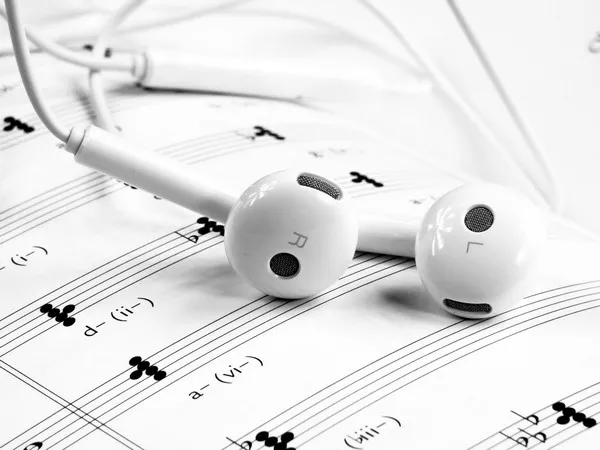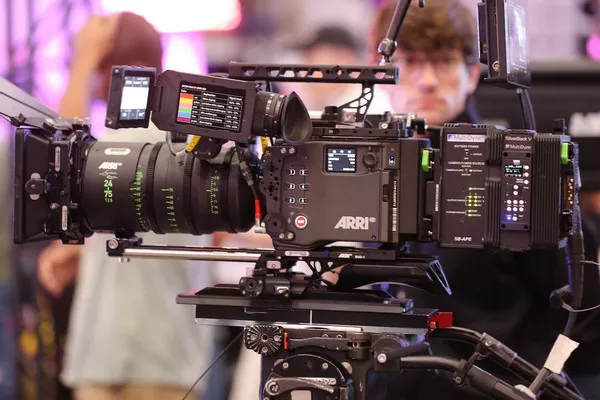As if there wasn’t enough drama and confusion surrounding AI and the music industry, shadowy musician Ghostwriter’s song ‘Heart on My Sleeve’ – which used generative AI to create fake verses that sound eerily like Drake and The Weeknd – has caused no small amount of confusion regarding the Grammys. First it seemed that the song wouldn’t qualify (and was removed from streaming services shortly after its release in April), then it apparently did, then it didn’t, then it finally did – but only after the artist removed the fake Drake and Weeknd verses. This resolution did absolutely nothing to clear up the ball of confusion that AI, in all its forms, has thrown into the music business.
Adding to the confusion, Paul McCartney unexpectedly announced in June that AI had been used to improve the sound quality of a John Lennon demo used as the basis for “The Last Beatles Song”, due out later this year. Grammy chief Harvey Mason Jr told Variety earlier this year that the Beatles song could be eligible for an award.
The difference between the two songs highlights the Academy’s differences in the use of AI at this early stage: The Beatles song, which was created entirely by humans, used AI only to remove background noise from Lennon’s original recording; no one cloned John Lennon or used AI to write, sing or otherwise create the song itself. However, Ghostwriter used generative AI to create lyrics and melodies for Drake and The Weeknd without any conscious input from the artists. It was able to do this by loading multiple copyrighted songs by these artists into a computer – ingesting data for machine learning, in technical terms – and this is where the legal issues come in.
Mason reiterated in a video statement last month that the original version of Ghostwriter’s song – and presumably all songs that use generative AI in a similar way – is ineligible for a Grammy because “even though it was written by a human creator, the vocals were not legally obtained, the vocals were not cleared by the label or the artists, and the song is not commercially available”.
The Recording Academy and Universal both declined Variety’s requests for comment for this article, but Mason’s statement seemed to imply a copyright violation related to the sound of the artists’ voices. However, top intellectual property attorney Robert Clarida says the song is in legally problematic territory not because of the AI-generated voices themselves, but because copyrighted recordings were used to “train” the AI.
























